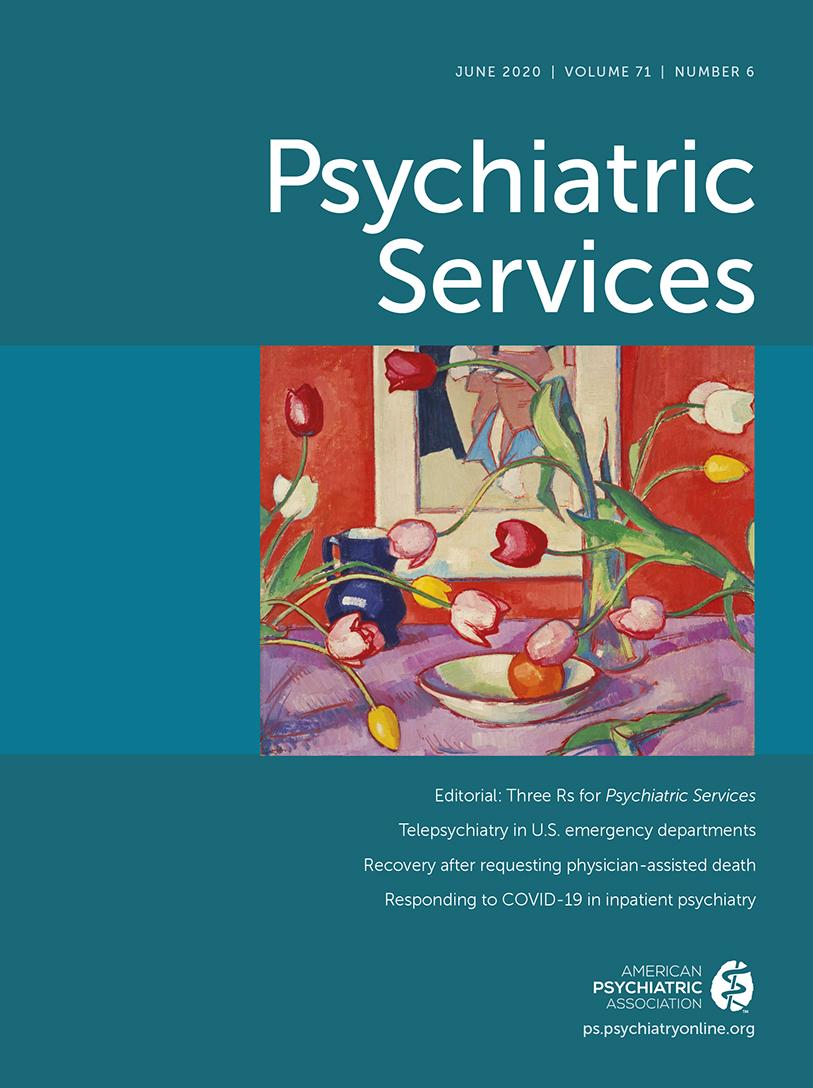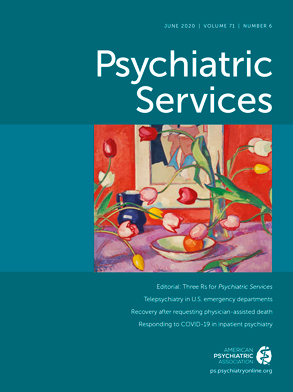I am a psychotherapist at a major hospital in rural New England. I work with individuals hospitalized for chronic and acute illnesses. In other words, I work in the business of discomfort. One of the most common narratives I hear is that of anxiety and depression related to illness, isolation, and loss. Many of my patients struggle to leave their homes because of pain, exhaustion, physical limitations, and immunocompromised states. Cue isolation: friends and family members jump ship because it is too difficult to cope with the discomfort that results from witnessing a loved one suffer. Enter loss—of identity, agency, relationships, careers, hobbies, hopes, dreams, purpose, dignity, and time.
I can’t help but reflect on the stories of my patients amid the coronavirus pandemic. I watch a sea of social media posts that lament the boring and isolating lifestyle of sheltering in place and the losses—of employment, income, routine, long-awaited celebrations, that “big 5-0” trip to the South Pacific. We are all either sick with coronavirus or afraid of getting sick with coronavirus. How interesting that the illness, isolation, and loss that color my patients’ worlds are now woven together with our current dominant cultural narrative. We are in a collective state of discomfort.
Recently, I wrote an e-mail to my supervisor about the discomfort I felt in transitioning my work to telehealth. I call patients on the phone and try to create some semblance of a trusting and authentic therapeutic relationship amid their medical crises. I cannot see the physical manifestations of their illnesses or injuries, the machines, the tubes, the wires, the wounds. I cannot rely on the nonverbal communication that so deeply guides my practice: body language, affect, eye contact. Therapeutic silence no longer facilitates reflection or encourages patient dialogue; instead, it elicits, “Hello? Are you still there? Did I lose you?” Meanwhile, my partner and I are cooped up in the house with our rambunctious dogs barking at melting snow falling in thuds off the roof; it is, after all, “spring in New England.” I fight off cognitive distortions with all my might, perhaps almost as mightily as I am prepared to fight my partner for the last piece of chocolate fudge cake, because who knows when the flour I used to make it will be stocked again? I am a bad therapist. I am not doing high-quality work. I am not helping anyone. Now I really need that last slice of cake. Cue maladaptive coping: What kind of therapist am I? I should be practicing what I preach. I’m so self-critical. I should be gentle with myself. Maybe I should meditate. For those who have ever looked at their therapists and wondered how they were so high functioning, I’ll let you in on a secret: We are not. I digress.
So here I sit, at my little ramshackle home desk, in complete discomfort, reflecting on the irony that the very illness anxiety, isolation, and loss that erode the mental health of my patients are now the main characters on my emotional stage. The most integral lesson I’ve learned is that to be a therapist is to be willing to tolerate discomfort in the service of bearing witness to the experience of a fellow human. But nobody taught me how to be a therapist in the midst of a global pandemic, when my patients and I are simultaneously grappling with the same source of discomfort, and we all are acutely aware of it.
I remember in graduate school when nothing felt more forbidden than self-disclosure. I vividly recall the first time a patient asked me whether I was married or had children. I sat perspiring in panic. I have since come to understand that a healthy dose of self-disclosure is an invaluable tool in building transformative therapeutic relationships. During this coronavirus pandemic, I cannot think of a more powerful therapeutic tool. I have the opportunity to model for my patients how to sit with discomfort gracefully and to normalize the anxiety and fear that we are collectively sitting with. I can empower my patients by asking them to share what they have learned in sitting with illness, isolation, and loss and to learn from them. I can ask them to reflect on how they feel now that suddenly the entire country is experiencing their day-to-day lifestyle: being unable to leave their homes, struggling with anxiety and depression, feeling isolated, facing financial stress, and depending on public assistance. And I have the opportunity to ask how it feels now that their emotional pain is so widely shared.
In my opinion, one of the most harmful cultural narratives posits emotion as weakness. Emotional experiences become private events, thus leading us to believe that others are not suffering as we are. A colleague of mine once shared a reflection on suicide: Some people are just too tender for this world. It struck me so deeply. There is an incongruence between our personal experience and our cultural narrative that is fueling suicide. Our patients are ending their lives because they have been made to feel that the universal human experience of having emotions is abnormal.
During this global pandemic, our personal experiences have come into alignment with our cultural narrative. There is a collective sense that emotional suffering is acceptable because these messages are being reflected by our nation—by politicians, the news media, employers. News sources and social media are full of stories about how to manage our mental health amid the coronavirus pandemic. People are feeling they have permission to share private emotional events, because it is “normal.” I can’t help but feel a sense of great hope that perhaps the greatest lesson we can learn from this pandemic in terms of mental health is that when emotional suffering is accepted as universal and the private becomes collective, we can harness the power of connection to heal. In the meantime, I will eat that last piece of chocolate cake and continue to be reminded that therapeutic silence over the phone is awkward and unhelpful.

